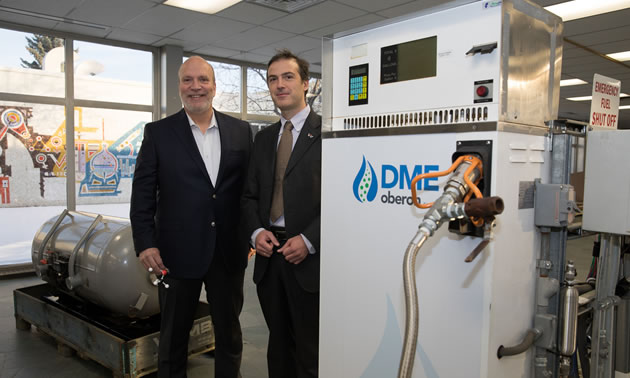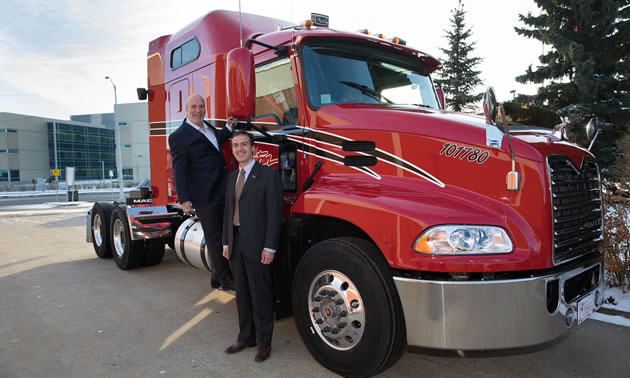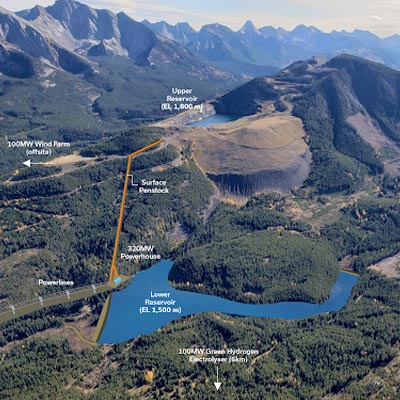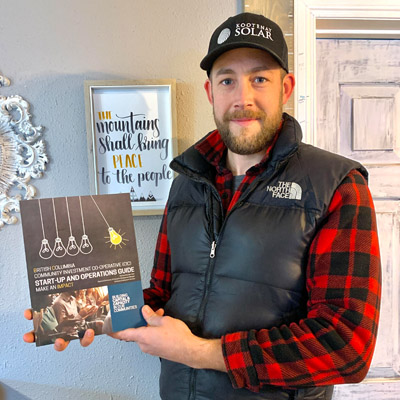NAIT applies DME to long-haul trucks in Alberta
With the demand for cleaner energy sources, alternative options such as low-carbon DME fuel are being considered

NAIT is currently working on Phase 1 of the applied research project to test DME in long-haul trucks in Alberta. — Photo courtesy NAIT
Dimethyl ether (DME) is not a new fuel. Volvo first worked with DME in vehicles in the 1990s. It’s produced by the millions of tons in Asia as a propane replacement. We haven’t heard much of it in North America because our diesel, propane and natural gas supplies are plentiful. Obviously, the continent could benefit from cleaner burning fuels, but there has not been a demand for cleaner alternatives until recently. With the help of Volvo and Oberon Fuels, the Northern Alberta Institute of Technology (NAIT) will explore the viability of DME in long-haul trucks in Alberta.
Synthesizing diesel alternatives
As Europe begins to ban diesel vehicles, and North America searches for alternatives, DME has found its place on the table. While electric vehicles work for the majority of the public, and have been adopted at some mine sites already, long-haul trucks are a different beast to battle. Their large engines make electrifying fleets much more complicated.
DME burns like diesel. It combusts better than diesel, and doesn’t produce soot. This low-carbon fuel can even be produced in a way that is considered renewable. “As we transition to cleaner burning fuels and easier to handle exhausts, DME is likely going to be one of the fuels in the mix,” said Dr. Paolo Mussone, applied bio/nanotechnology research chair at NAIT. “DME offers the opportunity to continue using these vehicles because it burns clean. It’s not going to be the dominant fuel in my opinion, but an important fuel in the mix.”
If DME does everything diesel can, but better, it begs the question: why not sooner? “Diesel was plentiful, so there was no need to synthesize DME,” said Dr. Mussone. Now, as the industry embraces environmental stewardship, DME has taken a leading position. With Volvo’s Mack Trucks, and California-based DME producer Oberon Fuels, NAIT has constructed an applied research project with a timeline to bring DME to market within five years if all goes well.
NAIT tests DME in long-haul trucks
DME is made from methanol, which is a biproduct of biomass in Alberta—particularly, pulp and paper industry byproducts. When produced from biomass, DME’s synthesis is classified as renewable. Even when created from non-renewable sources, DME is still a much cleaner fuel. NAIT will take this knowledge to the road. “The way of getting from methanol to DME is well understood,” Dr. Mussone said. “We are trying to find a way to make that synthesis more efficient from an engineering standpoint. The other part of the project is piloting the use of DME in commercial operations.”
The first phase of the research project is funded by Alberta Economic Development and Trade to develop a filter that will be installed on the dispenser to take DME into the tank of the truck. “This widget is there for the purpose of removing any microscopic residual water,” Dr. Mussone said. Next, transport trucks will be tested on the Edmonton-Calgary corridor on Highway 2. NAIT personnel have about one year left to develop the widget, during which time they will gather more funding to get the trucks on the road.

Left: NAIT President and CEO Dr. Glenn Feltham. Right: Dr. Paolo Mussone, NAIT’s applied bio/nanotechnology industrial research chair. — Photo courtesy NAIT
NAIT hopes to have at least five trucks in daily operation on the road to complete proper comparisons over two years. Two years will allow researchers to examine factors such as: instrumentation, how the engines run, how the drivers respond and feel, and maintenance, among others. “It’s the last step before commercialization,” Dr. Mussone said.
Past DME testing has been restricted to the confines of Volvo’s research facilities. This project looks at commercial partners for the first time. Currently, Alberta isn’t the only test site. New York, Texas and California are all looking at road trials with Volvo and Oberon as well. “In the next two years, there will be 50 to 100 trucks running on the fuel,” said Dr. Mussone.
Bringing DME to market
Oberon Fuels already produces DME at a pre-commercial level. The company produces 10,000 gallons per year, or about enough to power a fleet of 100 trucks. “To fully scale DME on a continental level, we would need to have a facility at the scale of a small refinery,” said Dr. Mussone. To create a DME refinery would cost tens of millions of dollars, so the idea is still a few years away.




